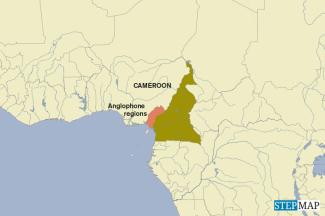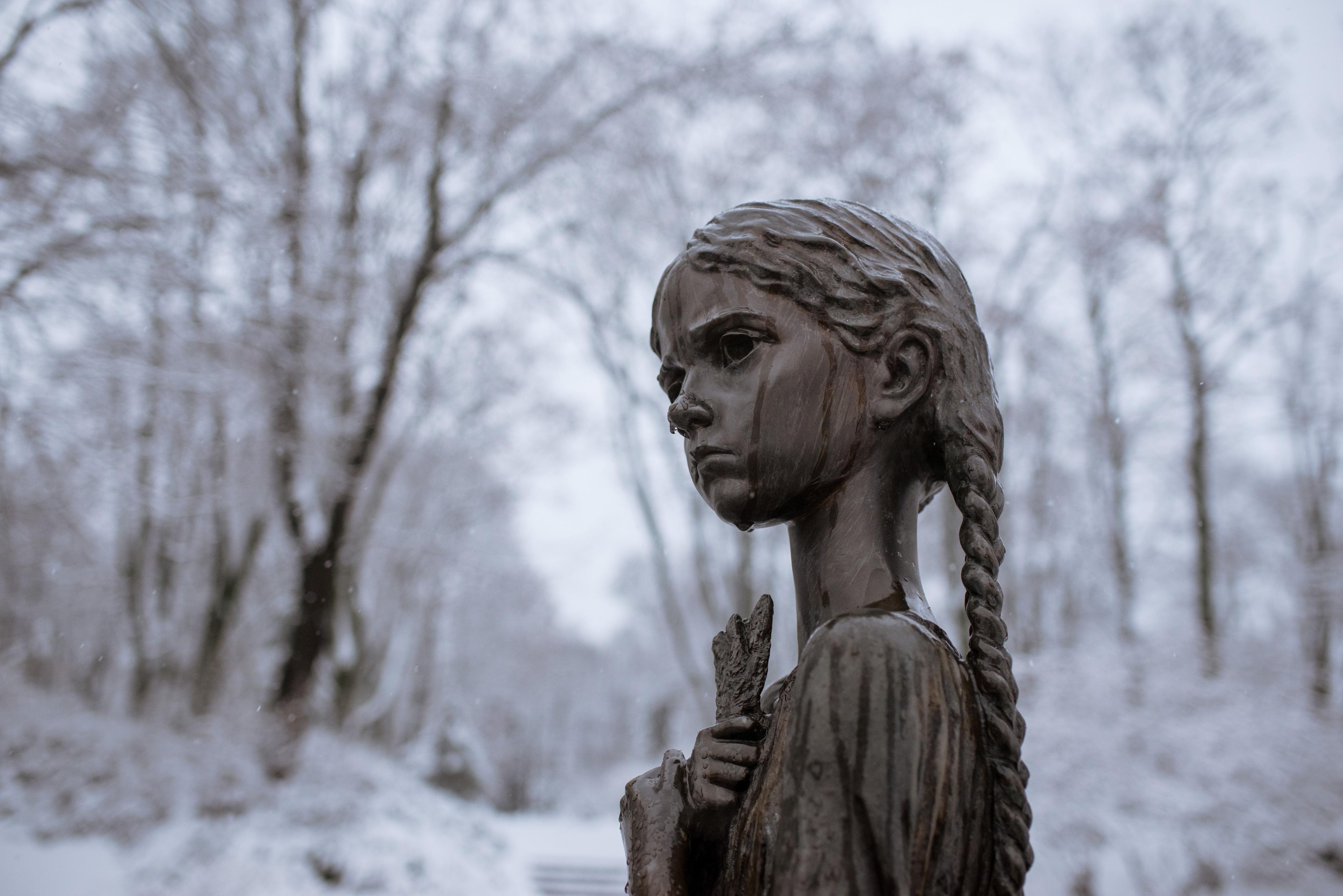Religion
Opposition leaders set free

This change in policy resulted from a national dialogue that was held to restore peace. What the lasting impacts will be remains to be seen. Violence may yet flare up again, and the government may backtrack. Nonetheless, two things are clear:
- The national dialogue has already made a first difference, though where it leads still remains to be seen, and
- it would probably not have happened had Catholic, Protestant and Muslim faith leaders not spoken out collectively.
In the past few years, Cameroon has been rocked by violent conflicts (also see main story) between Anglophone separatists and the central government in the western regions and with Boko Haram in the North. According to estimates, at least between 2,000 and 3,000 people have been killed and 400,000 to 600,000 displaced. The greatest tensions concern Cameroon’s Anglophone areas where people feel discriminated against and marginalised. Most of the country is Francophone and the government has been cracking down on protests. As a result, separatist tendencies have been growing.
This summer, faith leaders joined forces in a quest for peace in the Anglophone regions. Catholics, Protestants and Muslims were involved. They have a history of criticising abusive action by both the government and the separatists. Observers have long argued that religious leaders can make a difference. Last year, the International Crisis Group (ICG), the non-governmental think tank that specialises in issues of fragile statehood, emphasised the role of the Catholic church, to which almost one third of Cameroonians belong. It insisted that there were hardly and other “prospective peacemakers”. (D+C)











